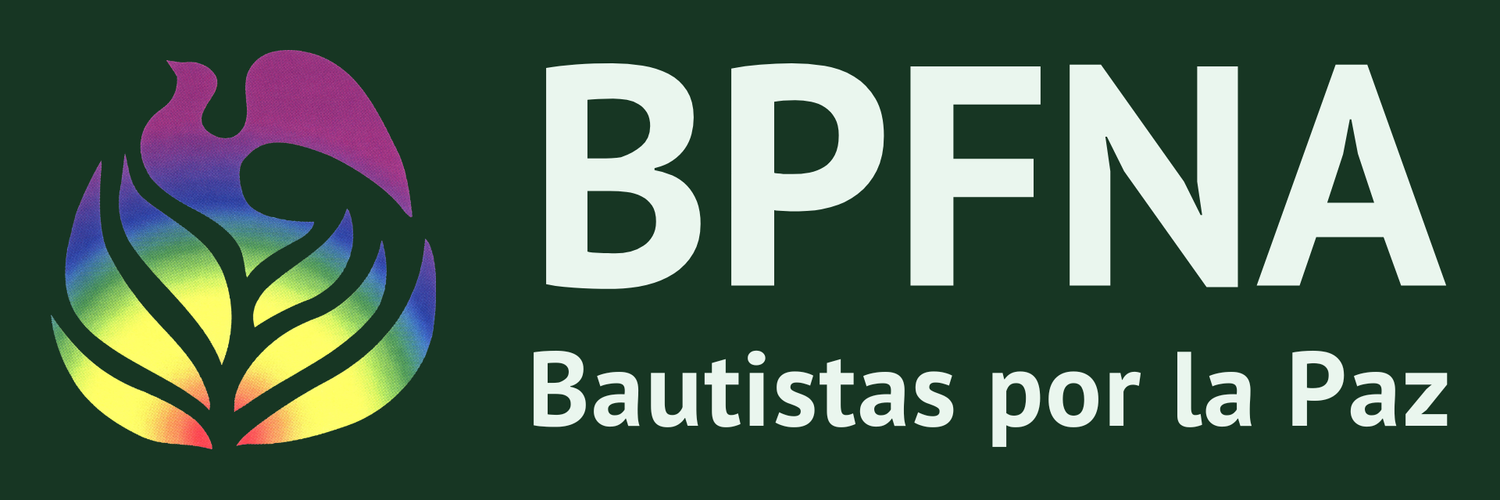Annunciation: South Sudan to Gaza
It’s two weeks from Christmas: today’s reading of the Annunciation stops me in my tracks. The images on offer by Google are typically anachronistic, with Mary disturbed at her desk while reading a book, or unrealistic as some well-to-do chatelaine, draped in her blue robes, welcoming her wingèd visitor. My mind, in search of an image, goes to Faidah.
Faidah has just given birth. She is 15 years old, about Mary’s age. There are plenty of mangers about but the baby has, according to local custom, been placed on a grass mat on the floor, not held or suckled, but placed on the floor. Her first baby died after a few days; the second was stolen by cattle raiders, re-branded with the facial scars of the raiding tribe and sold to one of those husbands suffering the twin misfortunes of a barren first wife and insufficient cow-wealth to purchase a second.
Perhaps the custom has to do with the fact that one in every seven women dies in childbirth here; one in seven babies dies in the first few years of life: why get attached to something that may go away? Sickened, killed, stolen, what does it matter how. The husband stops by to see the results—then leaves, perhaps most poignantly of all, without a single gesture of affection or gratitude for her labour. It’s her job, after all. There will be no pastoral visitors, no kings from the east bearing gifts.
Here in Lankein, there are no sanitary napkins, no diapers, no toilets, no medications. Women are barely able to connect what happens monthly with the production of babies—their purpose in life. Blood is greeted with fear. Here a woman is meant to be either lactating or pregnant, with enough strength left over to tend the livestock, cultivate the family plot, cook, clean, and look after the children that have managed to survive.
Yes, this feels closer to Mary’s world. The one interrupted.
Majdalena, a world away and right next door, gathers up her two children, running towards the poured cement structure that is Gaza Baptist Church. She stumbles on rubble left from last night’s bombings, losing a grip on three-year-old Mousa; 18-month-old Farah, clinging to her back, cries out in fear. The hand now freed goes to her belly, checking the one waiting to be born.
The sanctuary is filled with women just like her. Muslim and Christian, they are corralling children, laying out blankets for the youngest, singing vainly over the sounds of gunfire, waiting for the next explosion that will pulverise an entire apartment block, graves for a hundred more. Over a smoky fire, a cauldron bubbles with hisa’an, a thin gruel hardly up to the task of soothing hunger pangs.
Asma, Majdalena’s Muslim neighbour, lifts Mousa into her arms, unwraps Farah from her mother’s back, leading them to the wall furthest from the feebly boarded-up altar window. While Asma’s teenage daughters take the little ones, Majdalena settles against the derelict remains of a pew, crying quietly. She has not yet told Mousa that his baba is not coming home.
To such as Majdalena, an angel came.


